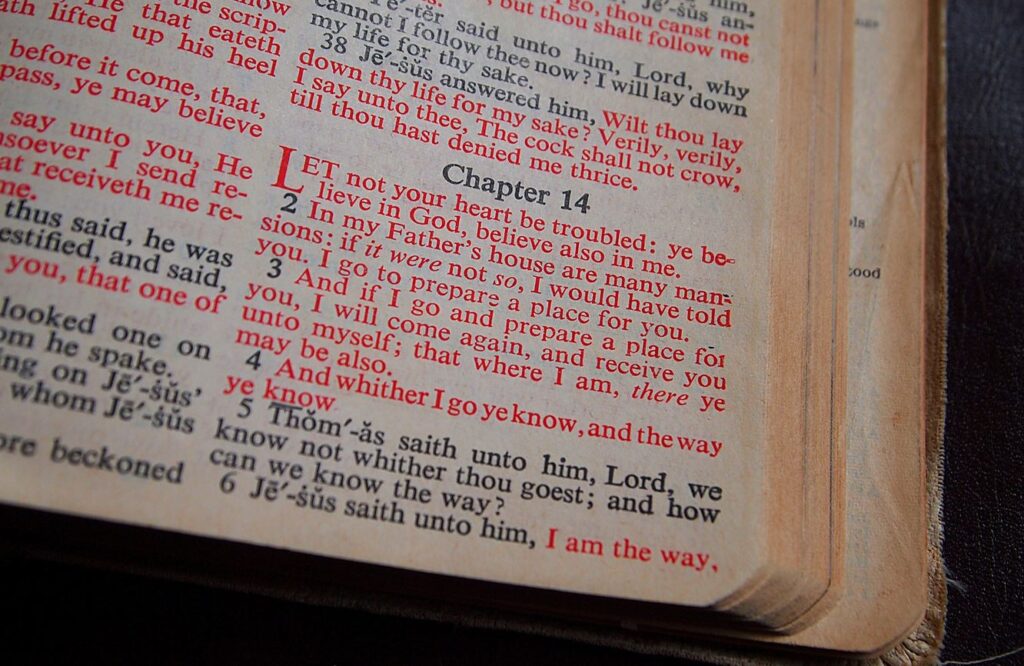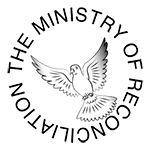The Word of Reconciliation
Theme: God’s redemptive work in Christ brings reconciliation with Him, with ourselves, with others, and with the Word of truth. This ministry of reconciliation is both a gift to receive and a mission to live out.
Introduction
The ministry of reconciliation is at the very heart of the gospel. From Genesis to Revelation, the story of Scripture is God reaching out to restore what sin has broken. Paul wrote:
“God was in Christ, reconciling the world unto Himself, not imputing their trespasses unto them” (2 Corinthians 5:19).
This reconciliation is not limited to our relationship with God—it touches every area of life. It brings peace to our hearts, healing to our relationships, and alignment with the Word of truth. To walk in reconciliation is to walk in the fullness of God’s redemptive plan.
In this chapter, we will explore four dimensions of reconciliation: with God, with ourselves, with others, and with the Word of truth.
Reconciliation with God
The first and most vital step in reconciliation is to be reconciled to God. Scripture declares:
“God was in Christ, reconciling the world unto Himself, not imputing their trespasses unto them” (2 Corinthians 5:19).
Humanity was separated from God through sin, but Christ bridged the gap on the cross. To be reconciled with God is to accept by faith this finished work of Christ, confess our sins, and believe in Him as Savior.
It is not by works or self-righteousness that we are restored, but by the blood of Jesus. Through Him, the wall of enmity is torn down, and we are brought back into fellowship with our heavenly Father. Once strangers, we are now called sons and daughters of God.
Reconciliation with Self
After being reconciled to God, the next step is learning to be reconciled with ourselves. Many believers carry the weight of guilt, regret, or shame from past failures. Though forgiven, they struggle to forgive themselves.
Paul reminds us in Romans 8:1:
“There is therefore now no condemnation to them which are in Christ Jesus, who walk not after the flesh, but after the Spirit.”
To hold on to guilt after God has cleansed us is to deny the power of the cross. Reconciliation with self means seeing ourselves not through the lens of our failures, but through the righteousness of Christ. It is exchanging self-condemnation for God’s declaration: “You are My beloved child.”
When we accept God’s forgiveness and embrace our new identity in Christ, we walk in peace and freedom—no longer chained by the past but renewed in Him.
Reconciliation with Others
Once we are reconciled to God and to ourselves, we are called to live at peace with others. Scripture exhorts:
“If it be possible, as much as lieth in you, live peaceably with all men” (Romans 12:18).
Broken relationships often leave deep scars—family conflicts, church divisions, betrayals, or misunderstandings. Yet the ministry of reconciliation calls us to extend to others the same forgiveness we have received.
Jesus taught:
“First be reconciled to thy brother, and then come and offer thy gift” (Matthew 5:24).
Reconciliation with others requires humility, forgiveness, and sometimes sacrifice. It may mean admitting our wrongs, releasing bitterness, or choosing to love even when it is not returned. But in doing so, we reflect the heart of Christ, who forgave us while we were yet sinners (Romans 5:8).
Through reconciliation, relationships are healed, unity is restored, and the love of God becomes visible to the world.
Reconciliation with the Word of Truth
Finally, reconciliation must bring us back to the Word of God. Many live estranged from the Scriptures—hearing but not obeying, or interpreting through personal preference instead of submission to its authority.
James reminds us:
“But be ye doers of the word, and not hearers only, deceiving your own selves” (James 1:22).
To be reconciled with the Word is to align our lives with God’s truth. It means allowing Scripture to confront our errors, correct our paths, and renew our minds. The words of Christ are “spirit and life” (John 6:63).
Reconciliation with the Word calls us beyond reading—it calls us to obedience. When the Word dwells richly in us (Colossians 3:16), our lives become a living testimony of its power.
Conclusion
The Word of Reconciliation is more than doctrine—it is the heartbeat of God’s kingdom. Through Christ, we are reconciled to God, freed to be reconciled with ourselves, empowered to reconcile with others, and called to align with the Word of truth.
This is both a gift and a mission. We receive reconciliation as a gift of grace, and we live it out as ambassadors of Christ. Paul reminds us:
“Now then we are ambassadors for Christ, as though God did beseech you by us: we pray you in Christ’s stead, be ye reconciled to God” (2 Corinthians 5:20).
When reconciliation becomes our way of life, the world sees in us the living testimony of the gospel—the power of God to heal, restore, and make all things new.


